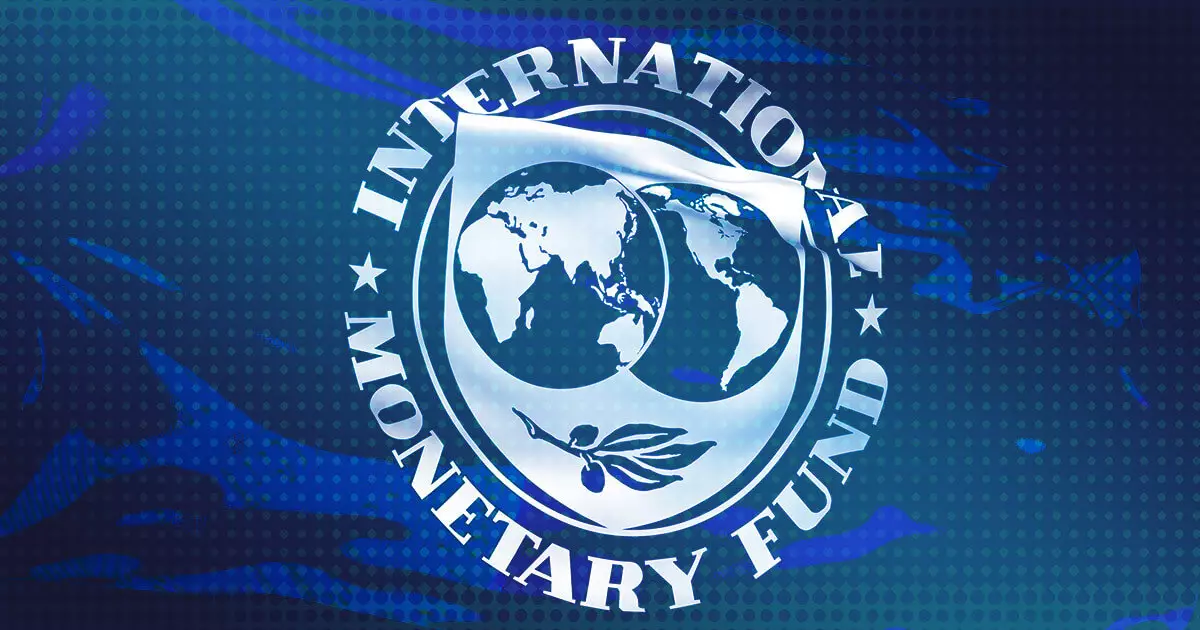The International Monetary Fund (IMF) has recently put forward a recommendation for Nigeria to embrace the regulated use of digital assets by licensing international crypto exchanges. This recommendation is aimed at enhancing the country’s economic stability and boosting its position within the African crypto sector. It comes in the midst of a regulatory crackdown on crypto in Nigeria, which has sparked legal battles with major players like Binance and led to plans for a ban on peer-to-peer (P2P) trading.
The IMF’s proposal suggests that licensing international crypto exchanges could attract foreign investment and improve remittance processes in Nigeria, which is essential given the significant expatriate population in the country. The recommendation also emphasizes the importance of following strict regulatory standards, particularly in terms of Anti-Money Laundering and Countering the Financing of Terrorism (AML/CFT) protocols. According to the IMF’s report, Nigeria is facing substantial discrepancies in its balance of payments, with gaps amounting to $7.5 billion, or about 2% of the country’s GDP. These discrepancies are largely attributed to undeclared financial activities facilitated by cryptocurrencies in cross-border transactions.
Regulation and Licensing for Secure Transactions
The IMF argues that through proper regulation and licensing, cryptocurrencies can provide Nigeria with secure and efficient transaction processes. This approach would not only improve control over digital financial transactions but also help curb illegal financial activities, reduce the risks of fraud and money laundering associated with digital currencies. The report also highlights the potential of digital currencies to foster financial inclusion and support economic growth by improving access to financial services for the unbanked population of Africa.
Challenges Faced by Nigeria
Recent regulatory actions in Nigeria have been driven by concerns over the volatility in the foreign exchange market, which is largely attributed to speculative activities in crypto trading. The Central Bank of Nigeria has specifically pointed out issues such as “pump-and-dump” schemes in the P2P trading sector, accusing traders of manipulating the naira through these speculative strategies. The crackdown has also targeted major players like Binance, with accusations of facilitating billions of dollars in untraceable transactions, leading to arrests and frozen bank accounts linked to P2P crypto transactions.
In response to these regulatory measures, reports indicate that Nigeria’s crypto traders have begun moving their operations underground, utilizing informal channels such as WhatsApp and Telegram for P2P trading. Additionally, traders are now turning to non-custodial or self-custody crypto wallets to continue their activities outside the purview of regulated exchanges.
The IMF’s recommendations for Nigeria’s regulation of digital assets highlight the potential benefits of licensing international crypto exchanges. By adhering to strict regulatory standards and implementing proper licensing procedures, Nigeria can improve its economic stability, attract foreign investment, and enhance financial inclusion. However, the country must also address the challenges posed by illegal financial activities and ensure that regulatory crackdowns do not drive traders towards unregulated channels.

